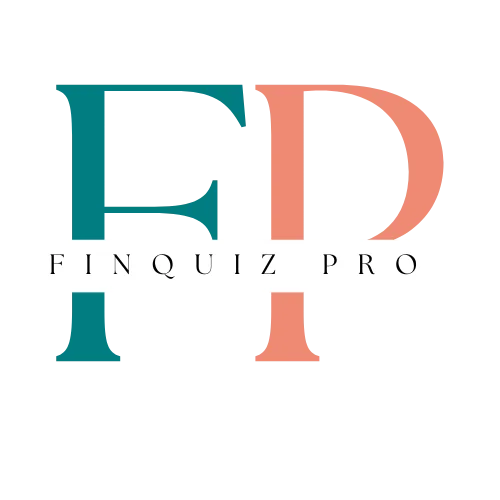What does a motivated CFA Program candidate do to pass the time when there’s nothing to study? Sure, you could take some time off before ramping up your next CFA exam schedule. It sounds nice but I was never able to just sit around and do nothing. If you’re like me, you’re constantly looking for new opportunities to learn and for self-improvement. One of the best ways to use your newfound free time is through checking a few books off your reading list. I always tried reading one or two books completely unrelated to the CFA Program curriculum or finance during my end-of-year downtime but also found time to fit in a couple of books related to my professional goals. Check out the book ideas below to keep your skills fresh and get ahead of the pack while you’re waiting for the next CFA Program study season.
Books Related to the CFA Program Curriculum
I always tried fitting in at least one educational book during the month or two between CFA Program study plans. These are books that examine different parts of the curriculum but may go into a little more detail or help explain a topic from a different perspective. The examples below are all written by contributors to the CFA Program curriculum so you know they are going to stick closely to the same methods and process. This is important because you don’t want to learn something that might be significantly different from what is taught in the curriculum. You can form your own methods and techniques after passing the CFA Program exams, until then try to stick as closely to the curriculum as possible. All the books below are available on Amazon. You may have to look for an older edition to get a better price.
Equity Asset Valuation Workbook; Jerald Pinto, Elaine Henry, Thomas Robinson, John Stowe
There are a couple different workbooks available as companion pieces to other books. You might be able to find the textbook at your local library so you’ll only have to buy the workbook. The CFA Program curriculum is mostly academic and I’ve said a few times that candidates need to supplement their study with some practical application.
Asian Financial Statement Analysis: Detecting Financial Irregularities; Chin Hwee Tan, Thomas R Robinson, Howard Schilit
This has been a big topic over the last few years, especially around some high-profile cases of fraud on Chinese shares. Being able to spot irregularities isn’t yet a common skill and could help make you an asset to potential employers.
The Complete CFO Handbook: From Accounting to Accountability; Frank Fabozzi, Pamela Peterson Drake, Ralph Polimeni
This one is a little expensive but looks interesting. If you’re interested in corporate finance as a career path rather than strictly asset management, it might be something to check out.
Managing a Corporate Bond Portfolio; Leland Crabbe, Frank Fabozzi
Much of the CFA Program curriculum is based around asset management for individuals. The institutional portfolio management section on the Level 3 exam doesn’t go into much detail on actually managing a portfolio. This one might be an interesting supplement to the curriculum’s material on fixed-income and portfolio management.
Books to Read for Fun
Even when I wasn’t studying for the CFA Program curriculum or reading curriculum-related textbooks, I would often look for books related to financial topics. These books can still be powerful learning guides while also entertaining and letting you take your mind off the curriculum for a second.
The Ascent of Money: A Financial History of the World; Niall Ferguson
I love reading about history and reading about financial or economic history is a double-bonus. Niall Ferguson is one of the most recognized names in financial history and the book puts a lot of today’s financial concepts into perspective.
The Intelligent Investor: The Definitive Book on Value Investing; Benjamin Graham, Jason Zweig
If you are going to be working with retail investors, this is almost required reading. Even if you use a different investing methodology for your clients, it’s a good idea to know what’s in the book because there’s a good chance your clients will ask about it.
Liar’s Poker; Michael Lewis
I enjoyed some of Michael Lewis’ earlier books like this one but he’s taken a more populist perspective in newer works. Liar’s Poker is an interesting view of the old school trading desk and doesn’t degenerate too much into the ‘Wall Street is evil’ perspective you get from some of Lewis’ newer books.
Reading a little every day is a great way to relax between CFA Program study seasons and can help you expand your professional horizons at the same time.
‘til next time,
happy reading,
